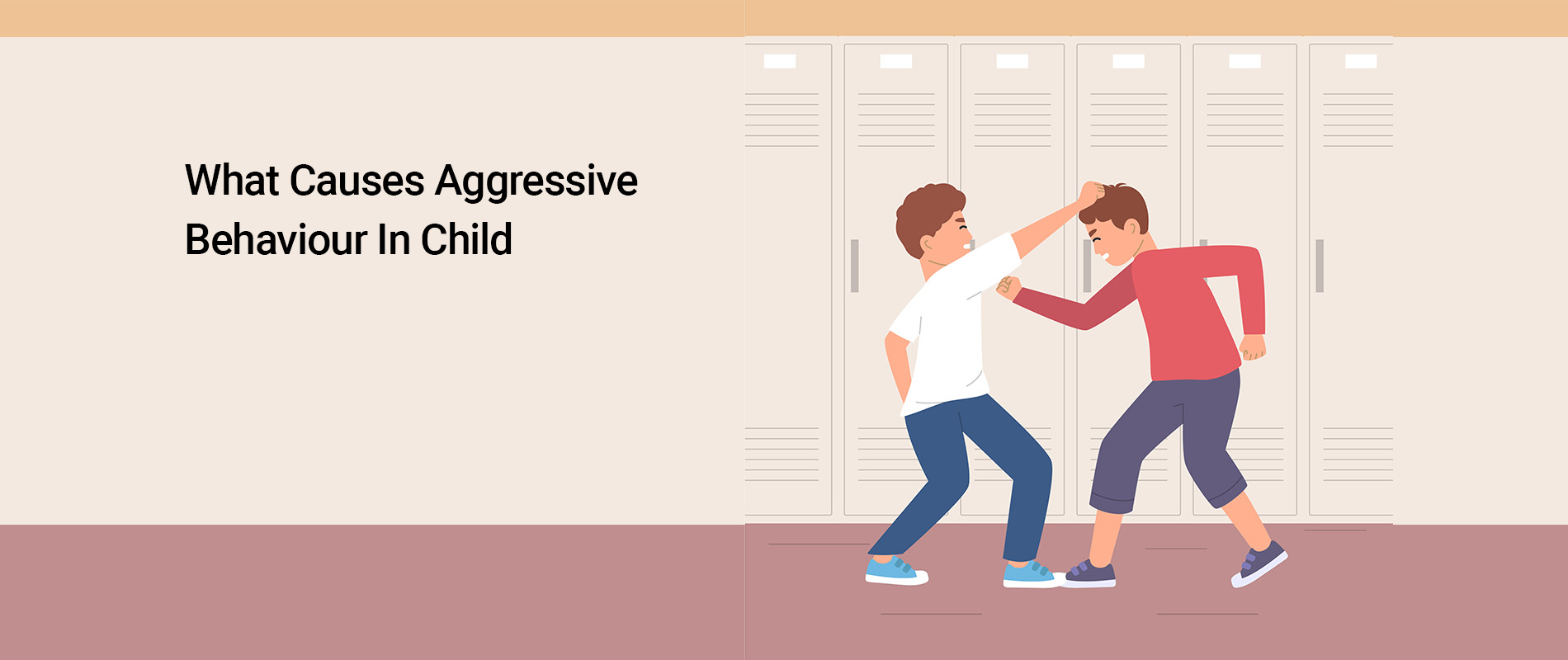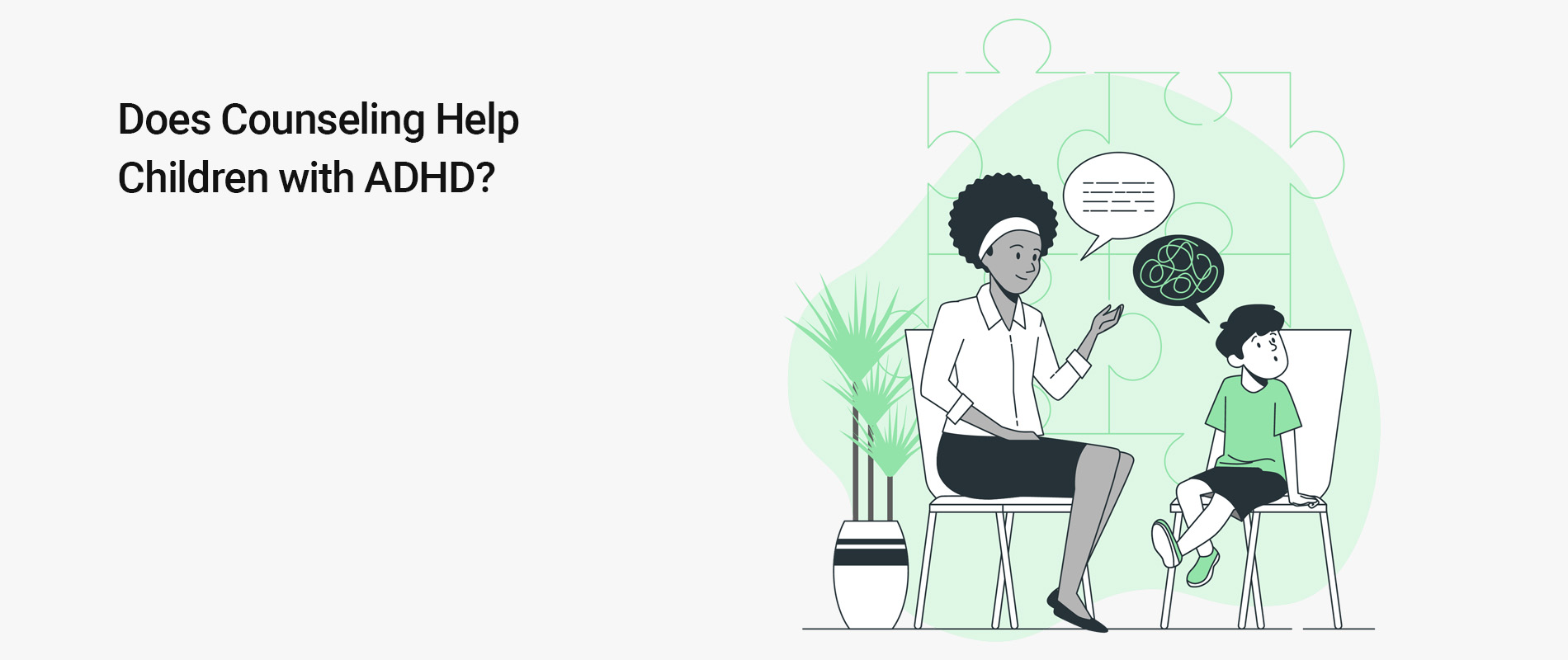Counseling for the Disabled Child
of the greatest abilities of a disabled person.
Book an Appointment
Counseling for Children with Special Needs in Pune
Are you looking for Child counselors for your child’s special needs in Pune, Maharashtra, India? We provide the best child counseling services. If you’re in Pune, you can opt for one-to-one counseling services, if you are residing anywhere in India, don’t worry, we’re providing online child counseling services as well.
What is Counselling for Special Need (Disabled Children)?
Living with a disability can be a long journey, both mentally and physically. It can be just as tough for those who live with or care for a disabled person. Often the question of ‘why me?’ arises. It can often lead to low social support. These experiences are often associated with mental health problems. Counseling can help to address these issues, as well as help the disabled child to cope better with the disability and adapt to the changes it brings. Disability counseling aims to provide a safe and supportive space for the child to discuss your concerns and fears. A trusted professional will be there to help you explore ways of making these more manageable.
There are various types of disabilities such as:
1. Physical
2. Sensory
3. Mental health
Mental Disabilities such as autism, down syndrome, etc. all fall under this category.
4. Learning
People with a learning disability may need support to develop new skills and understand complicated information. But, it doesn’t mean that the individual is incapable of learning, it just means they learn differently. E.g. – Dyslexia, slow learners, etc.
5. Chronic
The Equality Act 2010 states that for a person to meet the definition of ‘disability’, the impairment will have had a substantial and long-term effect on the person’s ability to carry out everyday tasks. To decide whether a person is disabled, a long-term effect has lasted at least 12 months; the total period it’s due to last is likely to be at least 12 months, or the effect is likely to last for the rest of the person’s lifetime. Diseases such as cancer fall under this category.
Why is Counselling Necessary for Children with Special Needs?
Therapy is the best tool to support your child’s ability to thrive and be happy at home and school.
These children need as much pro-active support as they can to be ready for the increased challenges they may face.
Counseling is necessary for children with special needs because of many reasons. A few of the reasons are as follows –
- To gain coping skills in life
- To gain self-regulation
- To make the child a better functioning child
- To learn social skills and social thinking
- To improve self-esteem
- To understand their strengths and weaknesses
- For the better parental support
- To connect with emotions better
When to Get Child Counselling?
If your child is having various issues in his/her personal, social life and if the disability is interfering with his/ her mental and physical health, then it is necessary to get the counseling done in time.
Counseling for Children with Special Needs: FAQs
We have a lot of questions about counseling for children with special needs. Let’s put a light on a few of the FAQs
Disability counselors can provide support to children with disabilities, as well as their parents, family, and carers. The counselors also recognize the type of disability and severity level along with comorbid disorders if any and sets up a particular therapy plan for the child. The counselor also psychoeducates the family and people around the disabled child.
There are multiple ways you as a person can help a child with special needs. A few of them are as follows –
1) Give them empathy, not sympathy.
2) Talk to the child as a normal child and not as a special child
3) Set realistic expectations
4) Consider their disability wherever needed
5) Be patient
6) Treat them well
Families are aware of the impact of historical and societal perceptions toward disability and how that affects societal beliefs. In addition, counselors have a professional responsibility to be aware of their word choice and use of terms when referring to persons with disabilities and their potential impact. More specifically, they need to be mindful of whether they view the child as an individual who has the same rights, needs, and desires as anyone else or if they perceive him as incapable, weak, less than, suffering, pitiful, handicapped, or physically/mentally challenged and so forth.
Parents love their children, irrespective of their pros and cons. However, handling a child with special needs can be challenging at times, and even at times, parents lose their patience and confidence in themselves. Here are a few challenges that arise when parenting a special kid –
1) Handling social expectations
2) Time management
3) Overcoming self-doubt
4) Overcoming the question of ‘Why my child?’
5) Building child’s rapport with other people
6) Managing expenses
7) Creating an ideal support system
8) Juggling between child, home, and career
9) Managing one’s physical, mental health
Play therapy allows children with disabilities to discover what physical and emotional strengths they have about their disabilities. Play therapy may be directive or nondirective, emotionally or physically focused. Suggestions for specific activities are presented for providing play therapy for children with disabilities. If your child has a diagnosed mental or physical illness, play therapy doesn’t replace medications or any other necessary treatments. Play therapy can be used alone or alongside other therapies.
Play therapy will differ depending on the therapist and the needs of the child. To begin, the therapist may want to observe the child at play. They may also want to conduct separate interviews with the child, parents, or teachers. After a thorough assessment, the therapist will set some therapeutic goals, decide on what limits may be necessary, and formulate a plan for how to proceed. Play therapists pay close attention to how a child handles being separated from the parent, how they play alone, and how they react when the parent returns. Much can be revealed in how a child interacts with different types of toys and how their behavior changes from session to session. They may use play to act out fears and anxieties, as a soothing mechanism, or to heal and problem-solve.
Play therapists use these observations as a guide to the next steps. Each child is different, so therapy will be tailored to their individual needs. As therapy progresses, behaviors and goals can be reassessed.
Need Counsellor for Child with Special Needs?
Are you looking for the best counselor for your child with special needs in Pune, Maharashtra, India? We at WAITT, provide top online counseling services for disabled children. To book an appointment, click here.
Blog
What Causes Aggressive Behaviour In Child
“My son is just 5 years old, but if he gets angry if we don’t listen to him and then...
Read MoreHow to Handle Stubborn and Aggressive Child?
Learning to handle a stubborn and aggressive child can come up with unique challenges for the parents. Parents probably have...
Read MoreDoes Counseling Help Children with ADHD?
Many children may have a medium level of attention span which could be because of boredom, laziness or because they...
Read More



